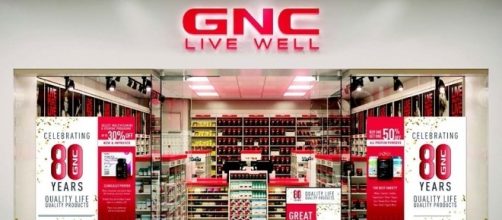The NFL rejected GNC's intention to advertise the nutrition and dietary supplement-related business on Super Bowl LI commercial, USA Today Sports has learned Monday. The NFL has informed the Fox broadcasting company that health retailer GNC, which markets the ad for about $5 million, will not be a part of 30-second commercial during Super Bowl on Sunday.
Jeff Hennion, executive vice president and chief marketing and e-commerce officer at GNC, was caught off guard on Monday when the NFL disapproved the Pittsburgh, Pennsylvania-based company's commercial on the broadcast after reaching an agreement with Fox last month.
"We went the spot to Fox on Thursday one last time, and they cleared it," Hennion said. "Then Friday evening they called and said the NFL had an issue with the logo. We spent the weekend working through alternatives. And then at 1 o'clock (Monday) we were notified by Fox that the NFL had rejected us, our commercial and rejected us as an advertiser in the Super Bowl. And that was the first we had heard there was any concern with GNC's participation."
A Fox representative would not comment regarding this matter.
NFL's memo on banned substances
The league expressed concern over the company's logo, which could be used to advertise the bottle of pill in the spot. According to Hennion, the NFL has listed 162 banned substances (including ingredients make up less than 3 percent of the products) sold at GNC.
While the Food and Drug Administration allows retailers to sell two substances, DHEA and the stimulant synephrine, those products are not allowed for use in athletic competition.
USA Today Sports noted that the NFL has advertising guidelines that would help companies to know what products would be enabled to market on the broadcast. Although the ad is not a controversial factor for the league, the NFL Players Assocation sent out a cautionary memo to NFL players indicating that they should not obtain a deal with businesses that endorse banned substances.
Several NFL players, in the past, have faced suspension by the league for the use of the banned product they purchased at GNC.
Is GNC's message in advertising effective?
Bob Moran, the GNC's interim CEO, was hoping that the company would boost a business with a rebrand and bring consumers back to the retail stores by raising awareness of the One New GNC through Super Bowl advertising. The question is whether or not the message of the product advertisers want to deliver is effective.

